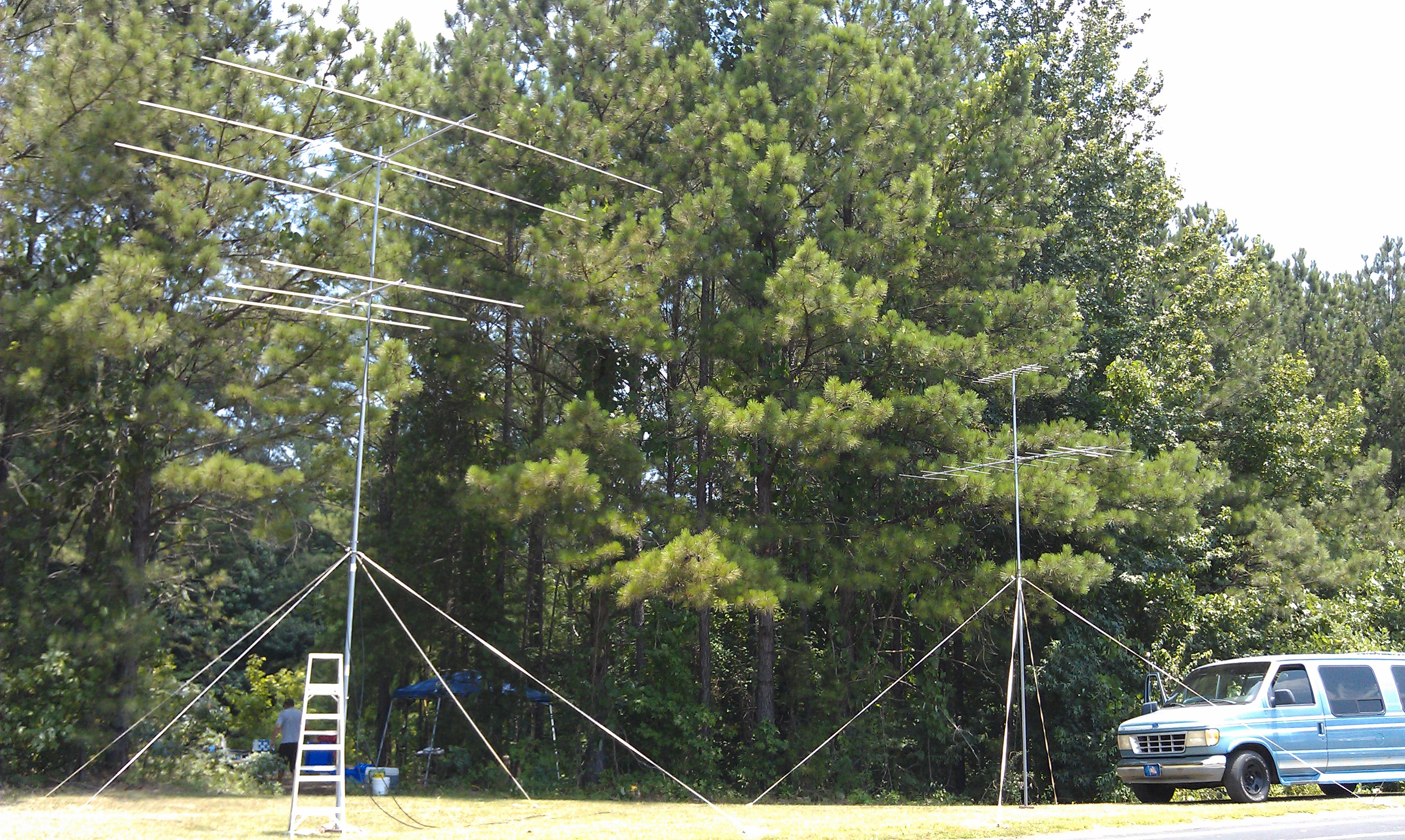My husband is a ham radio operator and a member of the disaster response team. That may come as a surprise to many. But, many people actually enjoy the field of ham radio. It becomes an important function in time of disaster such as after Hurricane Katrina and more currently with tropical storm Debby bearing down on Florida. Sometimes, in a disaster there is no other means of communication, but ham radio operators are still able to dispatch emergency crews to where they are needed and maintain some semblance of communications. The ham radio operators can also join Disaster Response Teams. These teams are dispatched in times of disaster for rescue, recovery and assistance to first responders.
During the recent Colorado wildfires, the ham radio operators provided a crucial service. According to an article written by the Denver Post, “The hams have been doing such things as setting up portable radio repeaters and relaying messages between the fire lines and command posts. About 40 operators have volunteered to help provide communications support.†So, as you can see, ham radio operators are very important in times of disaster. More about this story and the article can be found on the National Association for Amateur Radio website.
Yes, ham radio is a hobby, but more importantly it is a service to the community in which the ham radio operators live. For example, anytime the weather becomes ugly, or an severe weather alert is issued by the National Weather Service, something called a weather net is broadcast. All ham operators are asked to check in, become accounted for, Â and announce any and all weather in their area. This allows weather spotters and disasters response teams, and first responders, to respond in times of need.
Each year, every Amateur Radio club sponsors what is called Field Day. It is a time of fellowship, competition and learning. Every available operator comes out for 24 hours, and sets up their station(s) in a field. They then learn from each other, compare equipment, and try to make as many contacts as possible. This is also considered training time for disasters such as mentioned above. This year’s Field Day took place in many cities all over the country. Our local Amateur radio club held their Field Day 2012 on June 23rd and 24th.
My husband took his gear and was gone all weekend. He said he learned a great deal and enjoyed the time with the other hams, as they are called. I have included some pictures here of Field Day 2012. The pictures below are from our local club Field Day set-up.
If you are interested in learning more about becoming a Amateur Radio Operator, or to learn more about Field Day, please visit the National Association for Amateur Radio for more information. This is a great way to have fun, meet people and provide a service to your community.
thegeekwife


This was very interesting. My mom was a ham radio operator when I was young. At the time we lived in the middle KS and I-70 was right by our house. She would be on the CB and then she would operate the ham radio. I was always fascinated with all those buttons and dials. We had a 78 Chevy Malibu with big whip antennas on the back.
She passed away in 2008, this was a great memory. Thanks 🙂
Gigi, What a great memory. I am sure your mom is missed in the ham community. What a better way to honor your mom’s memory than becoming a ham yourself? As mentioned in the article it provides a great service in the community in time of disaster. If you are interested in becoming a ham let me know, it is a great hobby!